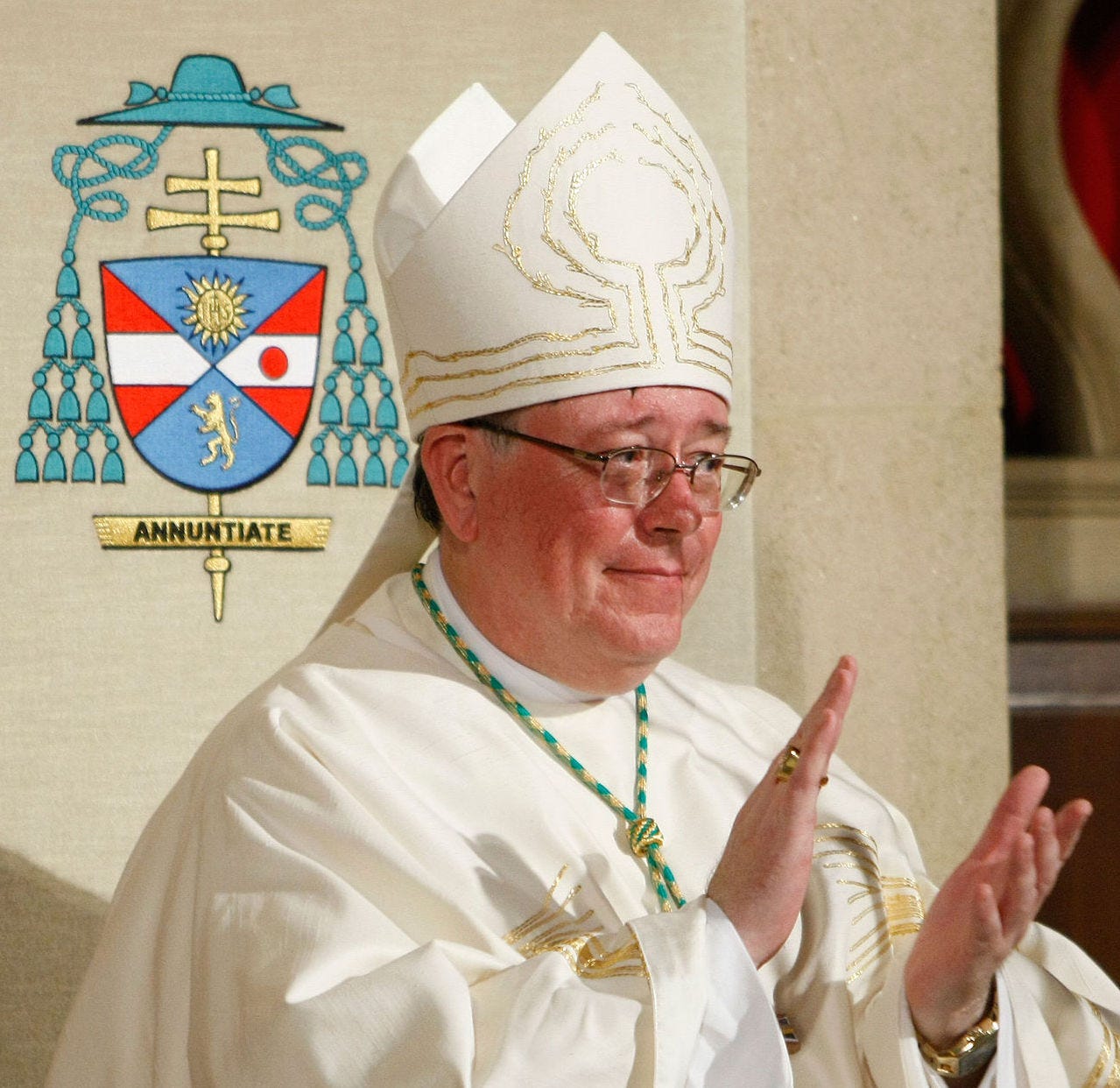
Delegates to the German “synodal way” voted last week in favor of a document calling for liturgical blessings of same-sex couples and the sacramental ordination of women. The day before, a Luxembourg cardinal ca…

Delegates to the German “synodal way” voted last week in favor of a document calling for liturgical blessings of same-sex couples and the sacramental ordination of women. The day before, a Luxembourg cardinal ca…